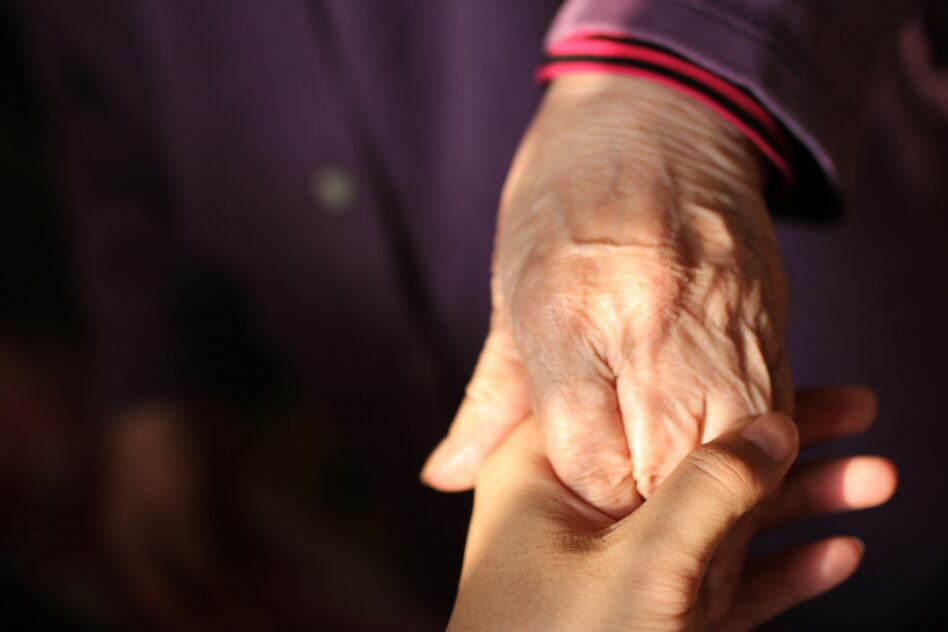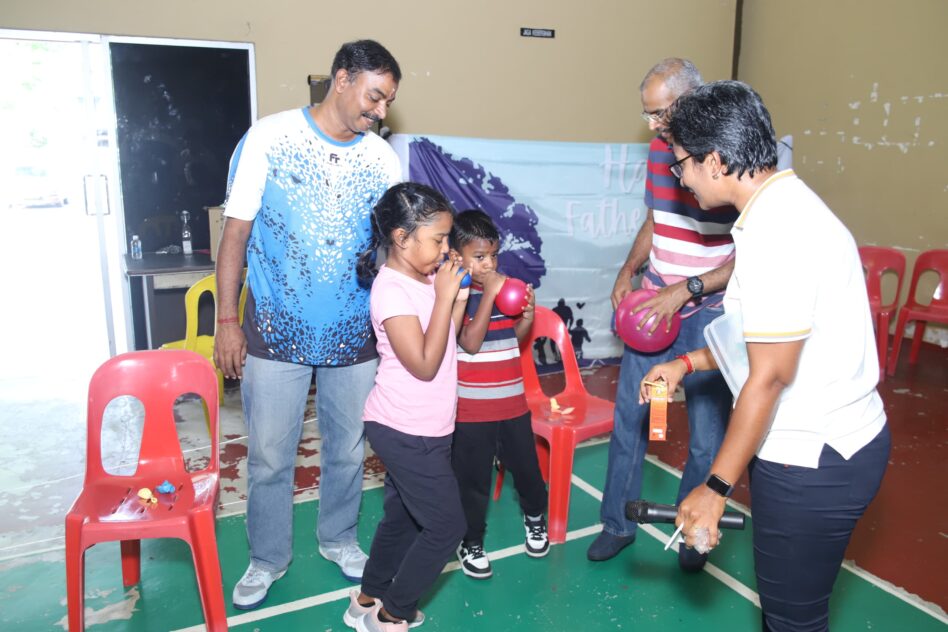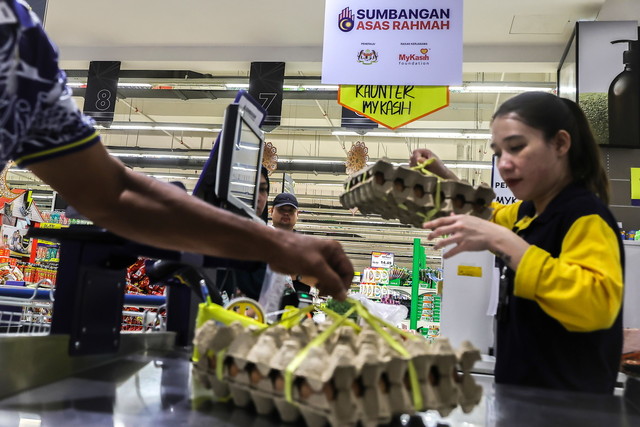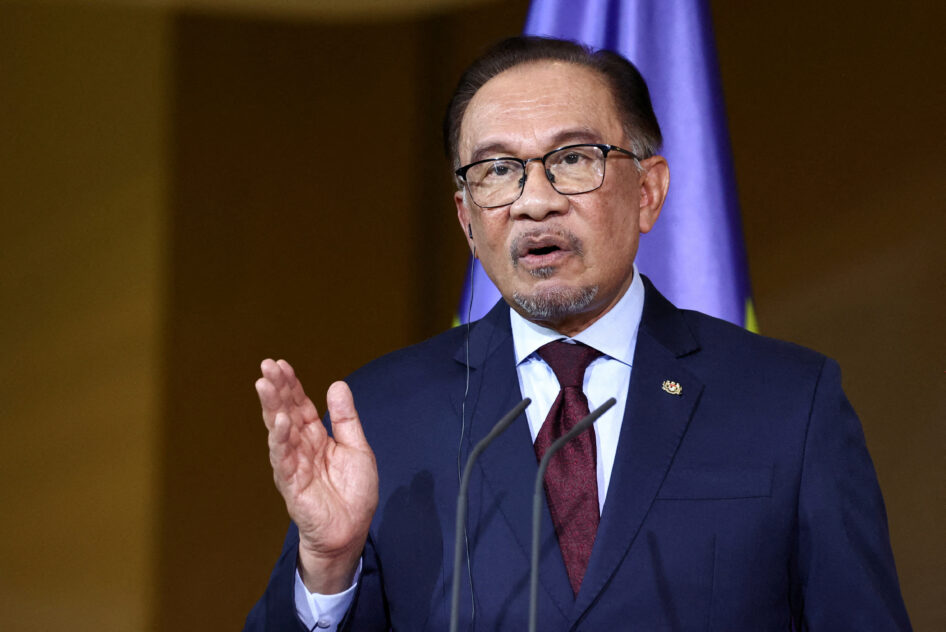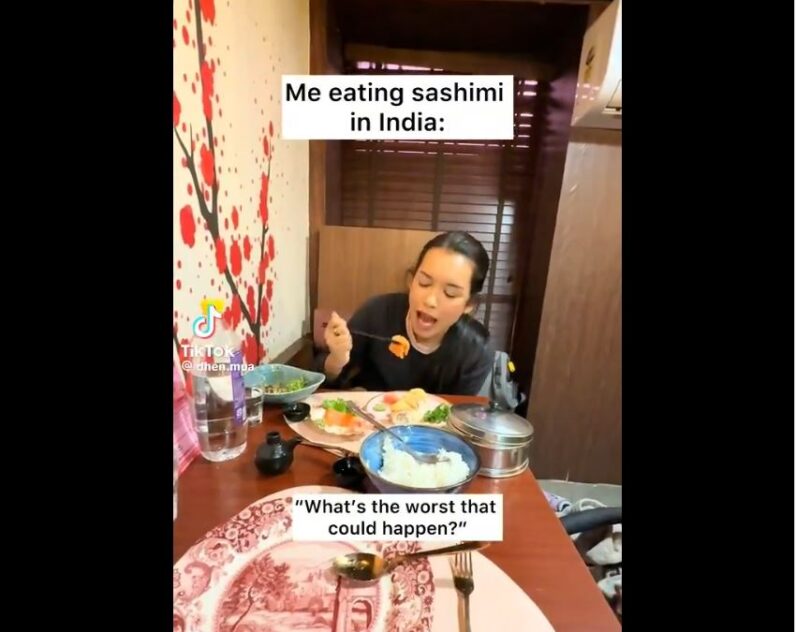Editor’s Note: The following is an excerpt from Chapter 38 of Lim Kit Siang: Malaysian First, Volume One: None But the Bold, the latest biography on the DAP stalwart by Kee Thuan Chye. Click here for Part 1 of the article.

THE article The Battle Royal: The Umno Elections of 1987 by Shamsul Amri Baharuddin, published in the journal Southeast Asian Affairs in 1988 tells the story of the “war of giants” particularly well.
The elections were held against a backdrop of recession and government scandals and problems caused by Mahathir’s (Tun Dr Mahathir Mohamad) alleged mismanagement. His opponents claimed that the country’s economy was in shambles because of his emphasis on heavy industries, his Proton Saga car project, and mammoth projects like the Dayabumi Complex, which at the time was derisively called “Mahathir’s multimillion-dollar erection”.
Both Team A and Team B were, according to Shamsul, were desperate for their side of the story to be heard publicly, but the newspapers owned by Umno interests gave more prominent coverage to the Mahathir-Ghafar (Tun Abdul Ghafar Baba) camp. Only Watan and The Star provided balanced reporting. Team B had to resort to the distribution of video and cassette tapes to bring their message to a wider audience.
Barry Wain wrote in Malaysian Maverick that Team A enjoyed the benefits of incumbency. The police were more amenable to issuing permits for Team A meetings, and tax authorities could be co-opted to harass some Team B members. Even more useful for Team A was its ability to “draw on Umno assets and generate additional funds by allocating government contracts”.
Team B, on the other hand, received moral support from previous prime ministers and Umno presidents Tunku Abdul Rahman and Hussein Onn. The Tunku repeatedly called Mahathir “scum” in private conversations, and Hussein told close friends he had made a “colossal mistake” in selecting Mahathir as his deputy.
At the divisional level, Shamsul reported, the conflict “was expressed most clearly and often crudely”. Topics brought up included “juicy personal stories about Musa’s (Tun Musa Hitam) sex life, Razaleigh’s (Tan Sri Razaleigh Hamzah) favourite whisky, Mahathir’s preference for Daimler over Proton Saga, the imported Italian marble in his toilet at his official residence, Ghafar’s impending bankruptcy case, Anwar’s divorce from his first wife and his attempt to ABIMise Umno”.
(Tun) Daim Zainuddin’s three-tier swimming pool was also talked about plus the fact that he did not swim. So was the colour scheme of the built-in cupboards in Wanita Umno chief (Tan Sri) Rafidah Aziz’s newly constructed mansion.
The BMF (Bumiputera Malaysia Finance) scandal was also touched upon, but it did not become a major issue because, as the regional news magazine Asiaweek noted, it threatened to implicate Razaleigh. More serious was the charge made by Team A about Musa being responsible for the Memali tragedy. Some of Mahathir’s supporters even called the former deputy prime minister a murderer.
… Musa, on his part, lashed out at Mahathir by pointing out the ill effects of his policies. As Ahmad Fawzi detailed in his thesis The United Malays National Organisation (Umno) 1981-1991, Musa claimed that the Look East policy had not brought benefit to the country but instead given Japanese companies the chance “to bleed Malaysia”.
He proposed an open tender system for awarding government contracts rather than the use of negotiated contracts that lacked accountability and transparency. He also took Mahathir and Daim to task for seeing through Permodalan Nasional Bhd’s purchase of Daim’s 40% stake in United Malayan Banking Corporation (UMBC), which he said amounted to a “great scandal”.
Team B leaders attacked Anwar for exploiting religion to assume a “holier than thou” attitude towards other Umno members and, together with ABIM, foisting pro-Iranian Islam on everyone.
(Tun) Abdullah Badawi spoke against Mahathir’s leadership style and the economic problems he had engendered. And (Tan Sri) Rais Yatim criticised Mahathir for his abrasive foreign policies.
All-in-all, wrote Ahmad Fawzi, “national salvation was the main theme of Team B’s campaign”.
Money, however, was thrown into the bargain – to buy votes. Fan [Yew Teng] reported that “money politics was rampant in the campaign” as tens of millions of ringgit were “used by both factions to woo support”. So, even as each side tried to appear cleaner than the other, they both looked ultimately corrupt for employing this dirty tactic. – Nov 9, 2021




